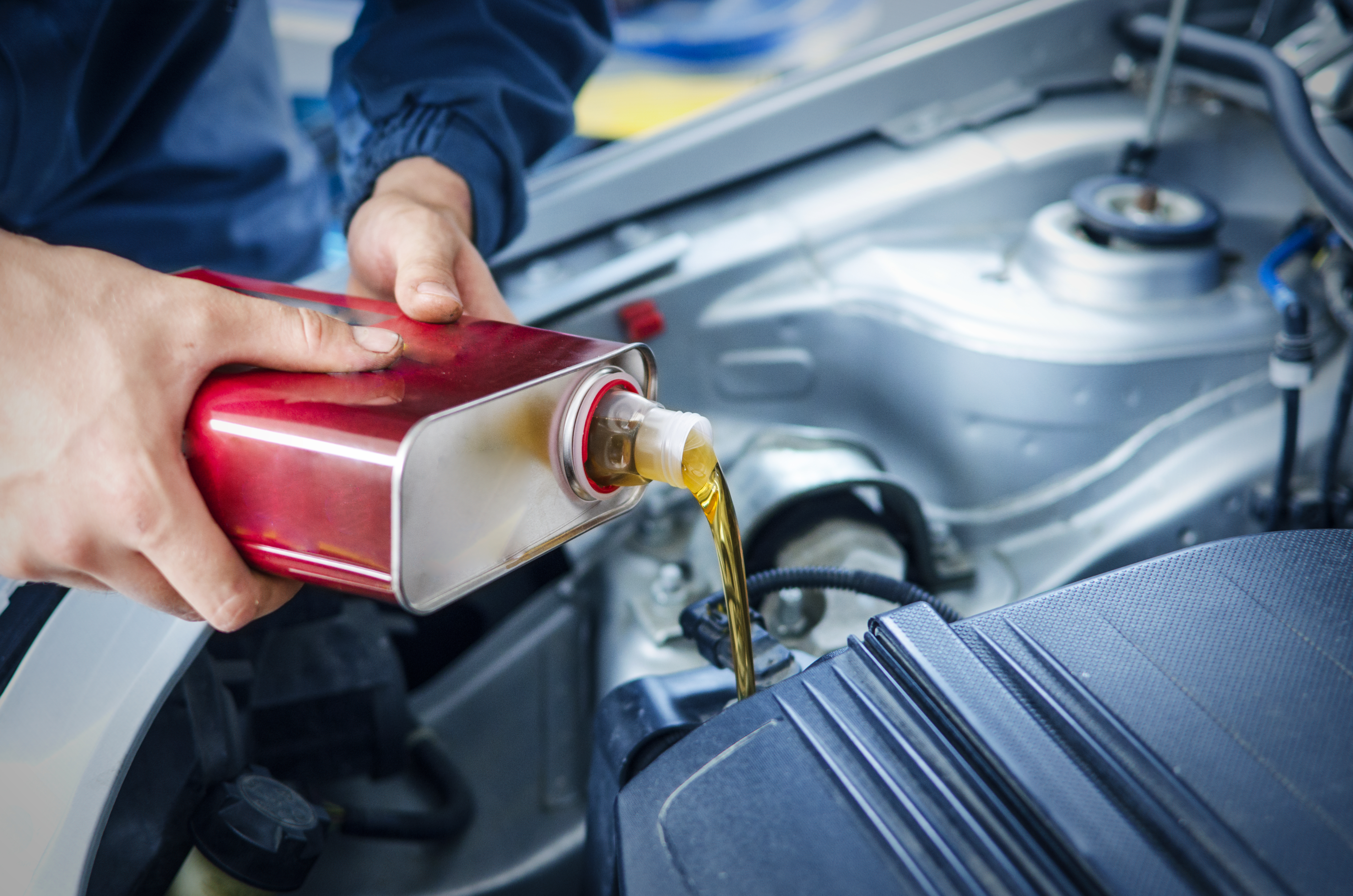What to know about changing the engine oil and oil filters
Every car owner is aware that proper maintenance of their vehicle is essential for keeping it running smoothly and extending its lifespan as much as possible. A part of proper maintenance includes changing the engine oil and filter at proper intervals. Here we’ll give you some basics to keep your vehicle in good condition and tip-top shape.
What is oil in an engine?
Engine oil is vital for your car due to its lubricating and cooling properties. Without it, you run the risk of the moving parts overheating and your engine not performing as well as it should. Over time, the lubricating properties of the engine oil can deteriorate because old oil loses lubricating quality due to the degradation of the additives and small particles from the metal of the engine can get into the lubricant. The engine oil filter in a car can only absorb these to a certain extent. Eventually, the particles will get into the engine and most likely will cause major damage. In order to assure proper operation of your engine, you should change both your oil and filters at regular intervals of approximately 6,200-9,300 miles, depending on how often you drive, and your driving style/habits.
How long does an oil change take?
Contemporary cars usually let you know when it’s time for an oil change. When your car lets you know that the time has come, make sure to take it to the garage right away. A car oil change should always be carried out by an expert. Mistakes can quickly lead to expensive damage. When changing the oil, the mechanic first drains the used oil from the oil pan through the open oil drain plug. When this is closed again, they replace the oil filter and fill in new oil. Your mechanic generally needs about 15 minutes to change the oil. In the case that the filter is being changed as well (as it should), you can expect to spend an additional 15 minutes waiting for the process to be completed.
How much does an oil change cost?
Of course, the cost of an oil change will depend on what type of oil is used (regular or premium), and whether you choose to go to a local garage or directly to the dealership to get this done.
Where can I get an oil change near me?
Finding a great garage or mechanic isn’t always easy. Ask your friends, family, and colleagues for recommendations. We probably don’t have to tell you that checking online is another way to find a good mechanic. However, make sure that you really read through all of the customer reviews and make sure to look at more than one site.
How do I know that I have found a good garage?
If you walk into the garage and see accreditation and/or certificates displayed, this is a very good sign. A good mechanic should be able to explain what they are planning to do in very simple terms that every layperson can understand. If you feel like they are “talking over your head” then perhaps you should go somewhere else. Your car is very important to you and you need to feel that it is in good hands. Remember that you get what you pay for. This is why it’s important to compare prices ahead of time. Check to see that the rates and prices are in line with what is commonly charged for the service/maintenance. If the rates are drastically lower than what other garages charge, this could be because they are trying to “lure” customers with unrealistic prices.
Can I change the oil myself?
A lot can go wrong when the oil is being changed. Old oil residues can be left in the engine compartment causing engine damage in the long run. You also need to remember that oil must be disposed of properly in accordance with environmental protection regulations. Your mechanic has the means to do this correctly. Workshops have specially coated floor coverings and professional collection containers for this purpose. If you are caught changing the oil on public or private property without proper equipment, this is considered a criminal offense and you will be required to pay a penalty. Therefore, best leave the oil change and the disposal to a mechanic you trust.

